In-community session: Teaching/Learning/Living Post-Industrial Ecologies: Roundtable on Concordia’s ‘Right to the City’ Initiative
Mon statut pour la session
In a collaborative and image-rich conversational presentation, “Teaching/Learning/Living Post-Industrial Ecologies” outlines the potentials and problematics of “The Right to the City,” a multi-year transdisciplinary curriculum initiative that brings graduate and undergraduate students from Concordia University to Montreal’s historic South West borough. Through our tethered teaching, four professors have asked, “what does it change for the university to teach/learn on-site with the residents and the cultural and natural heritages of the Pointe-St-Charles neighbourhood?’ This question will be explored from diverse perspectives in a pecha kucha-style (10 images/5 minutes each) roundtable, featuring community and academic stakeholders and students, who will reflect on what it means to learn in place, from place.
In 2015-16, its second year, “The Right to the City” united 60 bachelor, Master’s and doctoral students in four disciplines, History (Dr. Steven High), Art Education (Dr. Kathleen Vaughan), Art History (Dr. Cynthia Hammond) and Theatre (Dr. Ted Little). This initiative was supported by Concordia’s “Curriculum Innovation” program and by the Atwater Library’s Digital Literacy Project (Eric Craven), in collaboration with Pointe-St-Charles social service and community agencies such as Share the Warmth/Partageons l’espoir, the neighbourhood Y, Saint Columba House, and local cultural hubs such as the St-Charles Library and Salon Laurette. Throughout their coursework, students learned from each other and from locals, developing a myriad of creative, scholarly and community-based projects that engaged with contemporary resonances of the heritage of Pointe-St-Charles. Drawing on the concept of the ‘right to the city’ as advanced by Henri Lefebvre (1968), and the interwoven notions of environmental and social justice in post-industrial ecologies (Foster & Sandberg, 2014), this roundtable and the tethered courses it reflects have an exploratory, activist orientation as much as a research/teaching agenda.
We see this roundtable as a companion to the session, “Walking Post-Industrial Areas: A Round Table” (@ St. Columba House in Pointe-Saint-Charles), which aims to explore the impact of artistic/scholarly engagement with Montreal’s heritage in the South West borough.
Personnes inscrites

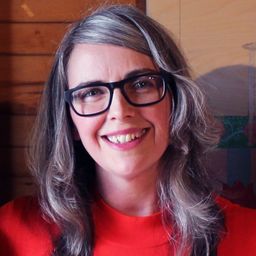

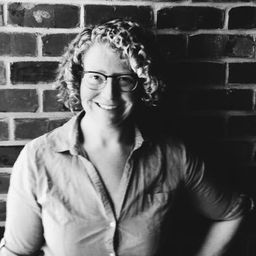
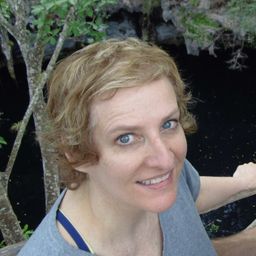
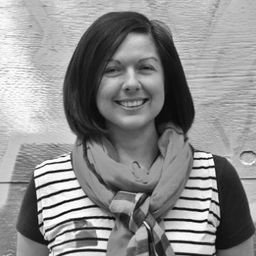
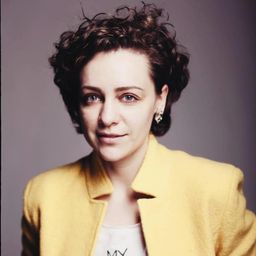
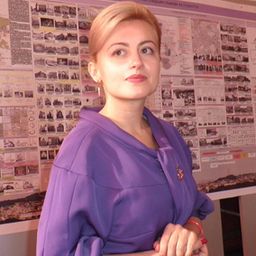
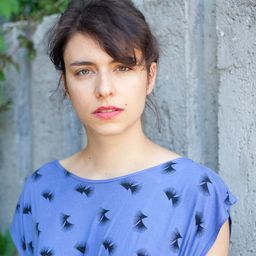
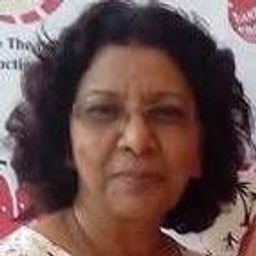
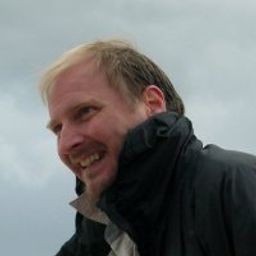
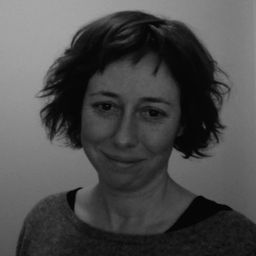
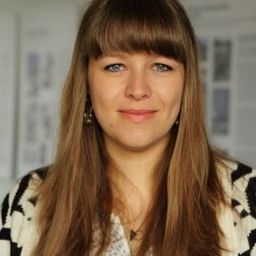
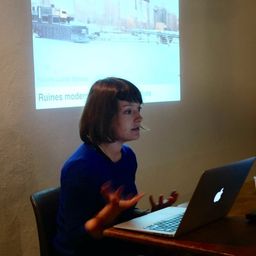
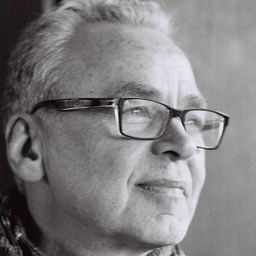
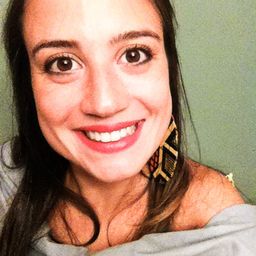
Discussion